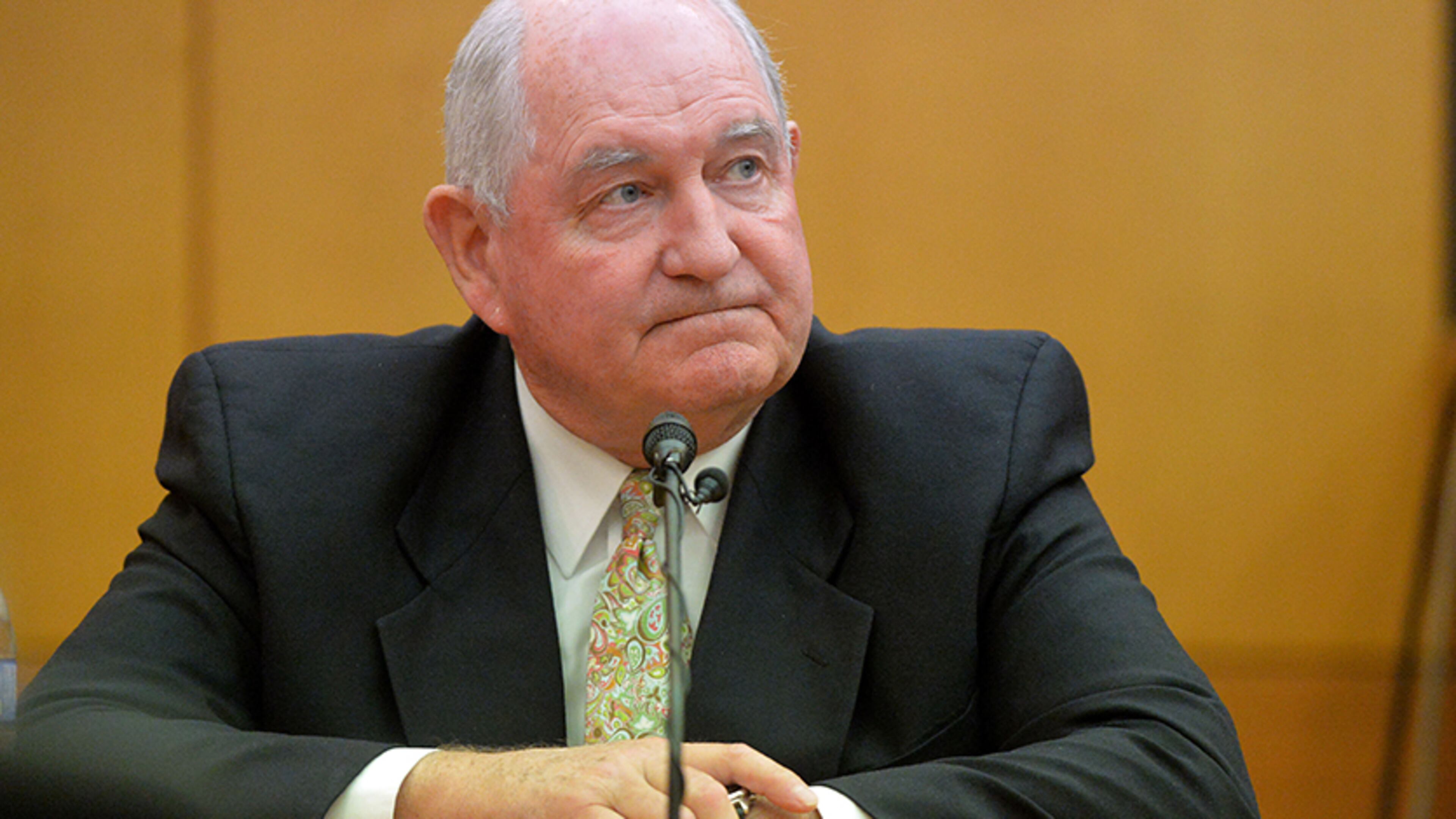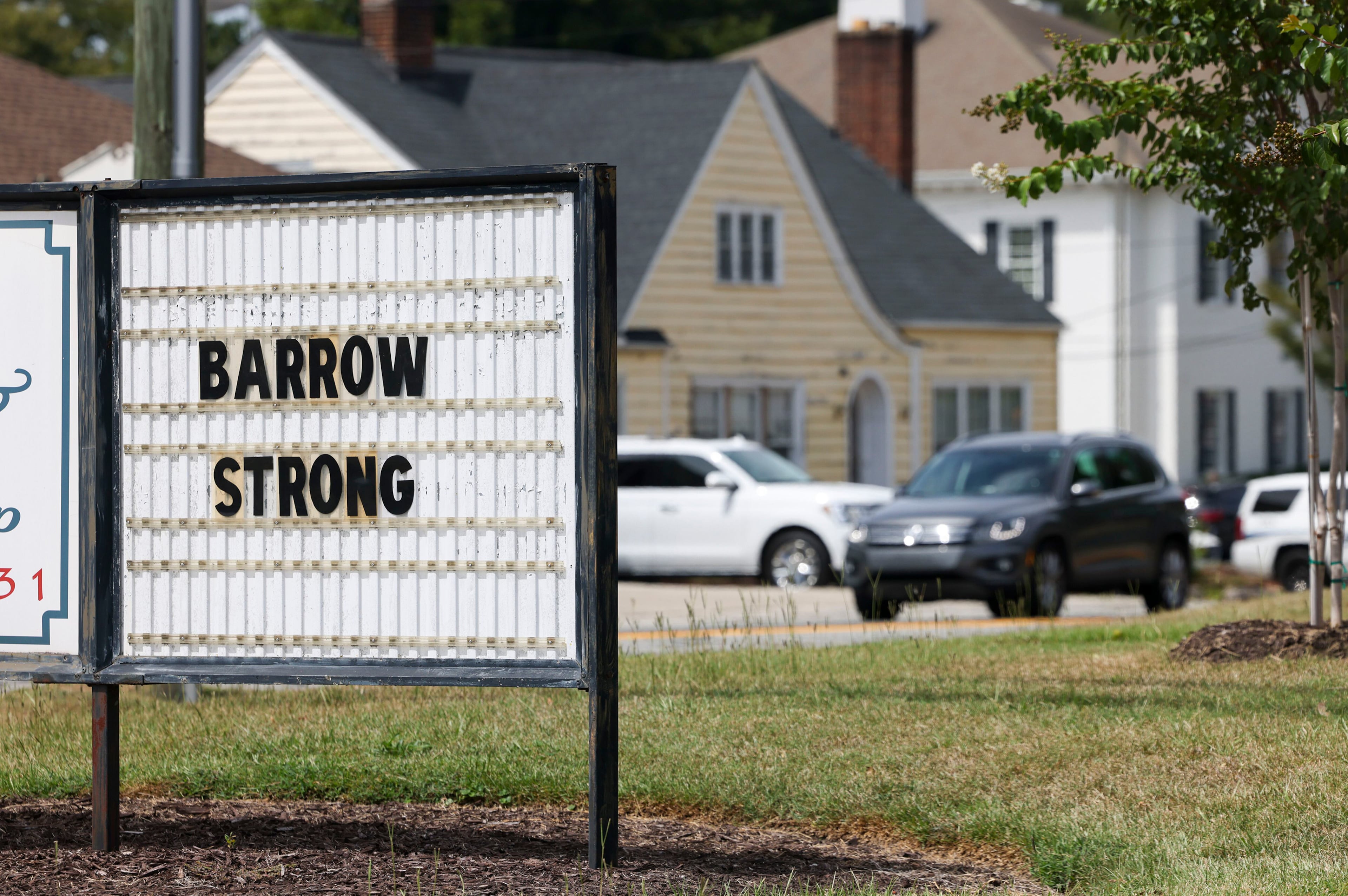Former Gov. Sonny Perdue takes stand in Atlanta cheating trial

GBI director Vernon Keenan described Monday the array of resources the state poured into investigating the Atlanta Public Schools cheating case.
GBI agents conducted nearly 1,800 interviews and reviewed countless documents, he said during testimony. Initially, 60 of the agency’s approximately 250 agents worked on the case after then-Gov. Sonny Perdue directed the GBI to assist with the cheating investigation. The GBI team was later scaled back to 10 agents, Keenan said.
“This was not traditional work for us in the sense that our priorities are in the violent crime area,” Keenan said. “This was a unique type of investigation.”
Among the unusual aspects: an offer of immunity from criminal prosecution to anyone who told the truth to investigators, even if he or she had participated in cheating, Keenan said.
But during cross examination, defense attorneys questioned Keenan’s direct knowledge of the case and the lack of fingerprint and chemical analysis of test answer sheets.
“The potential for getting fingerprints off documents would be minimal,” Keenan explained.
What about chemical analysis of any stains on the answer sheets, defense attorney Hurl Taylor asked. Would the GBI be able to identify something like, say a smear of fish and grits—an apparent reference to the featured dish at one alleged answer-changing party of APS staff.
“I don’t know,” Keenan answered. “We’ve never been asked that.”
Former Gov. Sonny Perdue takes stand in Atlanta cheating trial - 10:57 a.m.
An analysis of wrong-to-right erasures on 2009 state tests made it clear that something was wrong with the test results, former Gov. Sonny Perdue testified Monday in the Atlanta schools test-cheating trial.
“The data revealed that something, I feel, systemic had happened,” he said.
Two districts stood out above the rest: Atlanta Public Schools and Dougherty County, Perdue said.
Perdue said he spoke with former Atlanta superintendent Beverly Hall to tell her about the improbable gains made at Atlanta schools. He also spoke with the Dougherty County superintendent.
Perdue said he wanted to give school systems the opportunity to discover any testing violations on their own.
“We didn’t want a whitewash,” he said of what he expected from the district investigations. “We believed that we had presented some pretty serious data to the school system and felt that they would want to pursue just as we did how and what happened and why.”
Perdue said in earlier testimony that an internal probe by APS was “woefully inadequate” and a blue-ribbon commission’s investigation also fell short.
Even though some advisers were telling him not to get more involved, Perdue said in earlier testimony, he appointed special investigators to find out what happened and ordered the Georgia Bureau of Investigation to assist with the probe.


